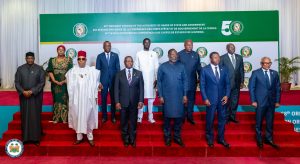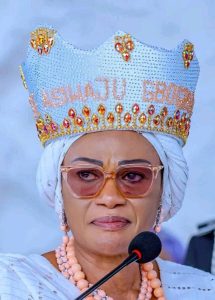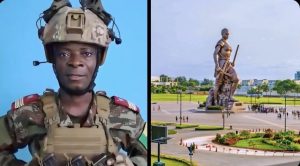Nigeria – President Bola Tinubu’s government continues to face intense scrutiny over a series of alleged misrepresentations, fuelling a deepening crisis of public trust. Critics argue that inconsistencies in official statements on key issues, from economic data to personal history, have undermined confidence in the administration. While supporters maintain that achievements are being unfairly overshadowed, opponents point to factual discrepancies as evidence of systemic deceit.
The administration has been accused of misleading Nigerians about the functionality of the Port Harcourt and Warri refineries. Initial claims suggested the facilities were operational, with President Tinubu hailing the restart of the Warri Refinery in December 2024 as a milestone. However, subsequent reports revealed ongoing issues, with the Nigerian National Petroleum Company (NNPC) confirming in July 2025 that the refineries remained non-operational despite substantial investments. Opposition figures have demanded probes into potential corruption, amid suggestions of plans to privatise the assets. These reversals have intensified public frustration over fuel dependency and economic promises.
Questions persist regarding President Tinubu’s early education. He has been accused of claiming attendance at a primary school, St. Paul’s Aroloya in Lagos, which records indicate did not exist during the purported period. Similarly, his secondary education has come under scrutiny, with Minister Festus Keyamo stating that Tinubu completed his General Certificate of Education (GCE) from home without formal schooling. However, Tinubu informed the Independent National Electoral Commission (INEC) that he did attend primary and secondary schools, attributing lost certificates to unknown soldiers. These revelations have sparked debates on transparency in political qualifications.
A recent statement by President Tinubu claiming the naira-dollar exchange rate was N1,900 per dollar upon assuming office in May 2023 has been widely debunked. Official data shows the rate hovered around N460-465 at the Central Bank’s window and N700-760 in the parallel market at that time. Critics, including social media users and opposition voices, have labelled this as an exaggeration of inherited challenges, with the rate deteriorating post-inauguration due to policy shifts like naira devaluation. X posts highlight public outrage over this perceived falsehood.
Allegations of inflated claims about infrastructure and investments in Lagos and the South-West region persist. Recent government posts on X detailing projects were deleted after accusations of fake statistics. Detractors argue that the “Lagos miracle” under Tinubu’s influence as governor is propagandistic, overshadowing federal contributions and broader historical efforts. Debates on regional equity continue, with some claiming disproportionate focus on Yoruba areas, though official narratives emphasise national balance.
President Tinubu has faced questions over his citizenship, with evidence of a Guinean passport surfacing. He admitted to dual citizenship during election petitions, but clarified it as diplomatic, granted by Guinea’s former president. Opponents argue this violates constitutional provisions, though the Presidential Election Petitions Tribunal dismissed related challenges citing procedural issues. The Guinean embassy confirmed the passport’s diplomatic nature.
Conflicting records of President Tinubu’s birth date listed variously as 29 March 1942, 1952, or 1954 have fuelled speculation. Official documents, including his passport, cite 1952, but discrepancies in academic and other records persist. Tinubu has addressed these as clerical errors, maintaining consistency in his public narrative.
As of 3 September 2025, these allegations have amplified calls for accountability, with X users and analysts decrying a pattern of misinformation. The administration counters by highlighting economic gains, such as revenue targets met and market stabilisation, but critics insist tangible improvements are lacking. Restoring trust may require greater transparency amid Nigeria’s ongoing challenges.






